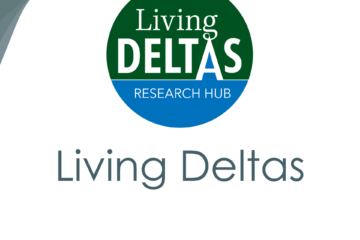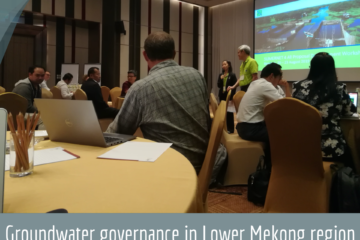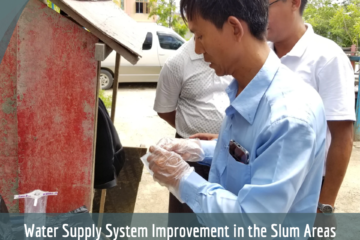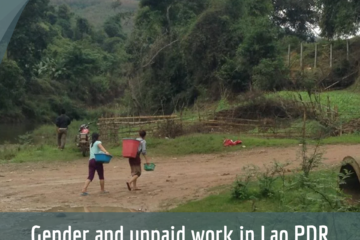Living Deltas
The Living Deltas Research Hub is funded for five years (2019-2024) and operates across four delta systems – Red River, Mekong deltas in Vietnam; the Ganges-Brahmaputra-Meghna system in Bangladesh and India. We call these socio-ecological systems. The Living Deltas Hub’s AIM is to tackle the problem of delta degradation in the face of multiple threats (sea level rise and saline intrusion, mangrove degradation and loss of coastal buffering, climate change, population rise, land use changes, saline intrusion and communities health and well-being, unsustainable engineering interventions: damming, sand mining etc.). GCRF also aims at helping to delta countries to better achieve their UN Sustainable Development Goals (SDGs) Voluntary National Review agendas. The Hub aims to achieve its objectives via a process of CAPACITY-BUILDING though EQUITABLE PARTNERSHIP – only by doing this will the Hub have legacy beyond its five-year funding period. As such, this is an extremely ambitious research program – the most ambitious that the UK Research Councils have done up to now. The Hub is truly interdisciplinary and brings together the natural and physical sciences, the social sciences and the arts & humanities on an equal basis to seek new solutions (building on the research already carried out in the delta countries) to complex, intertwined issues through capacity-building and knowledge co-production towards BETTER DELTA FUTURES.
Keywords: Delta, Sustainability, Resilience, equitable livelihoods, socio-ecological systems
(more…)


